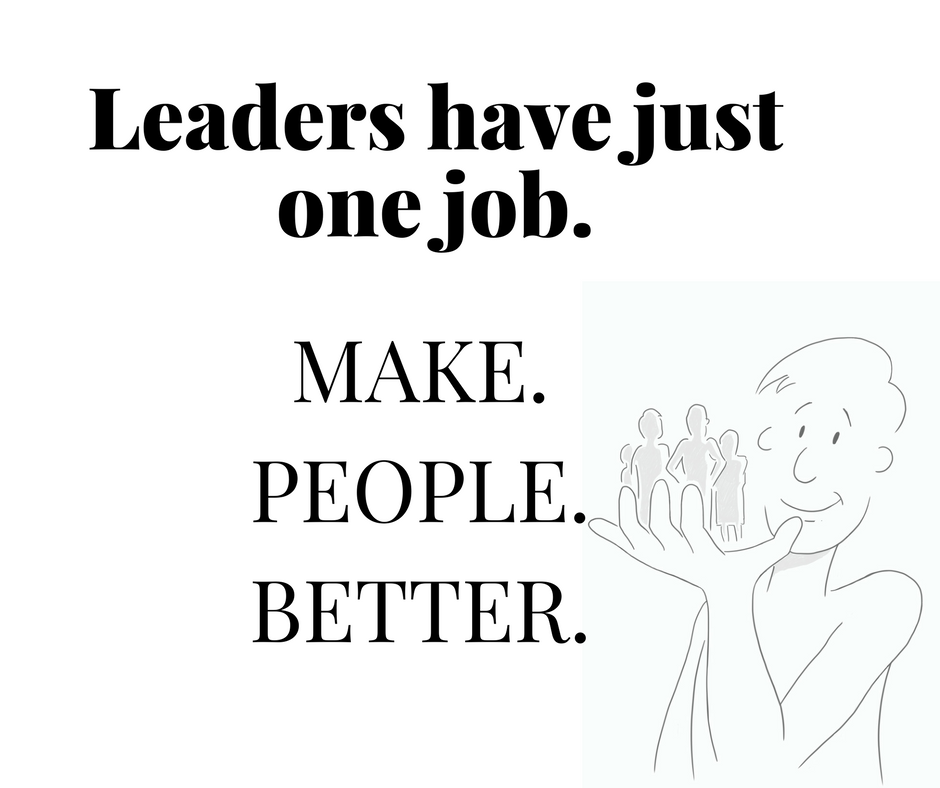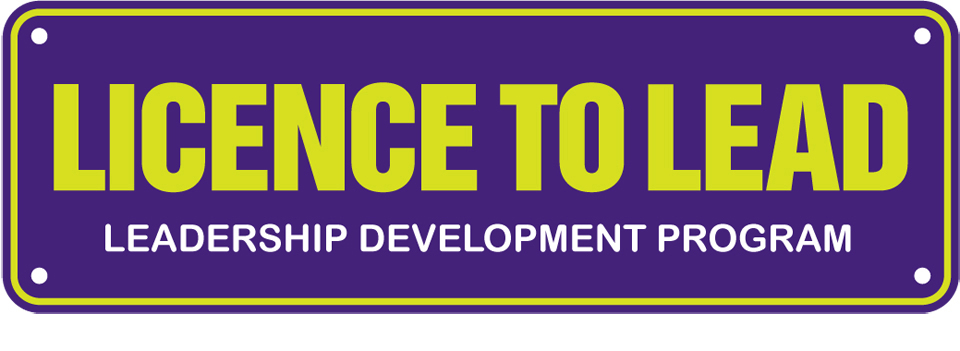Hey Leaders! You Have Just One Job.
 Wednesday, November 1, 2017 at 1:18AM
Wednesday, November 1, 2017 at 1:18AM 
Want to know the single, most important responsibility of a leader?
It’s easy to become overwhelmed just thinking about everything we, as leaders, should be doing. Becoming a better leader is easier said than done. Some people have given up trying because there is just too much to think about. But what if we distilled being a great leader down into just one thing?
I recently consulted my mate, Professor Google, about a couple of burning questions that I had. I typed in ‘definition of leadership’ - 280 million search results. I also searched ‘what do leaders do’ - 515 million search results. I have a bookcase in my office that is chock full of big, thick leadership and management texts. How did leadership become so complex?
Here’s the one thing that, if leaders focus on achieving, will make a massive difference. Make people better. This thinking was inspired by the 6th President of the USA, John Quincy Adams who said “If your actions inspire others to dream more, do more, learn more and become more, you are a leader.”
Think about this really important question. As a result of your leadership, are your people becoming more, are they remaining the same or have they become less? Sort of tragic if they are less then when they met you. Almost as sad if they have not changed as a result of your influence.
‘You manage things, you lead people” said US Navy Rear Admiral, Grace Hopper. It can’t be any simpler. Focus on helping your people grow and develop as your number one leadership priority. Do this, and everything else will fall into place, as it will be your people that will step up and, together with you, make your organisation successful.
You have one job. MAKE. PEOPLE. BETTER.





